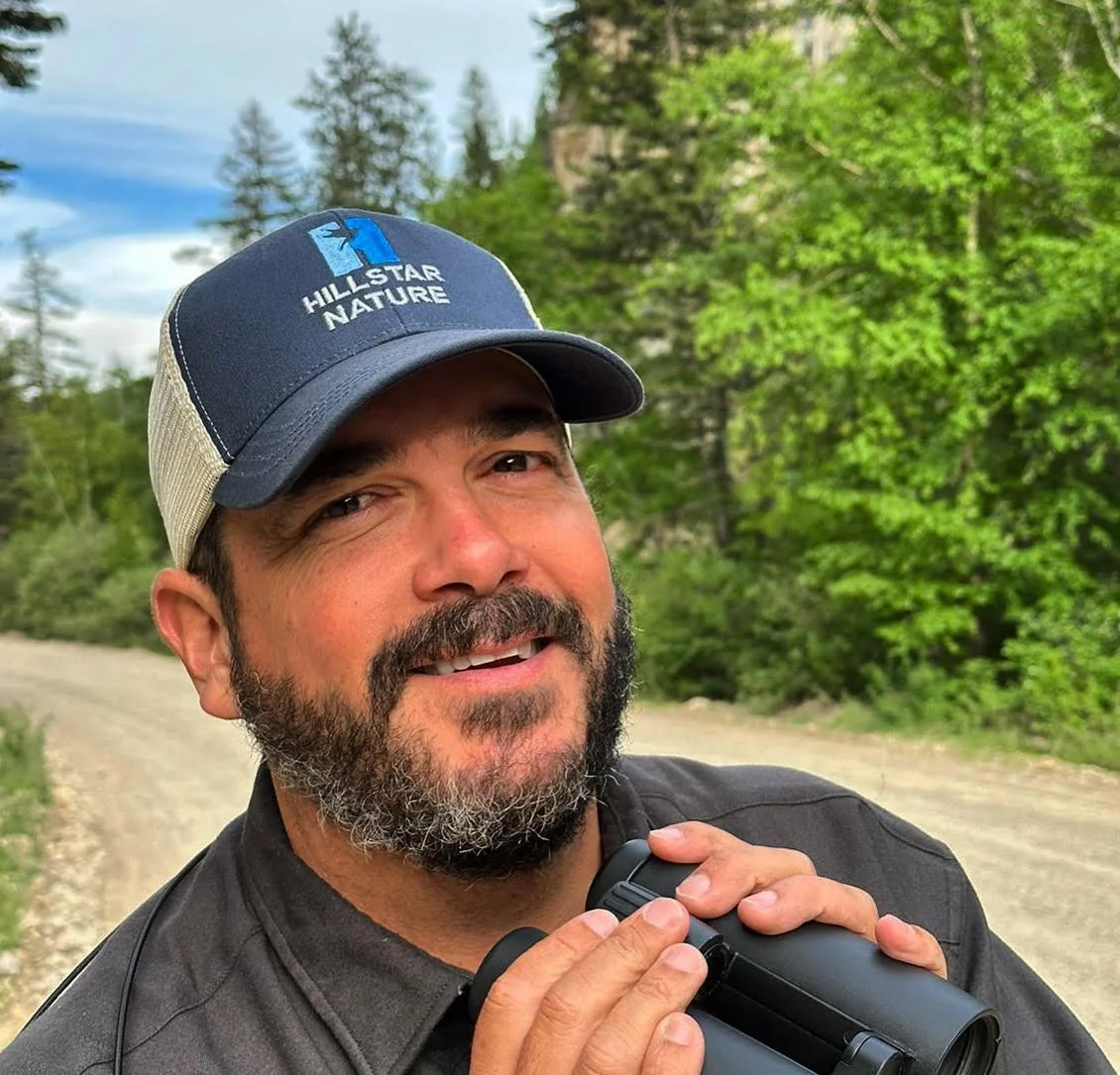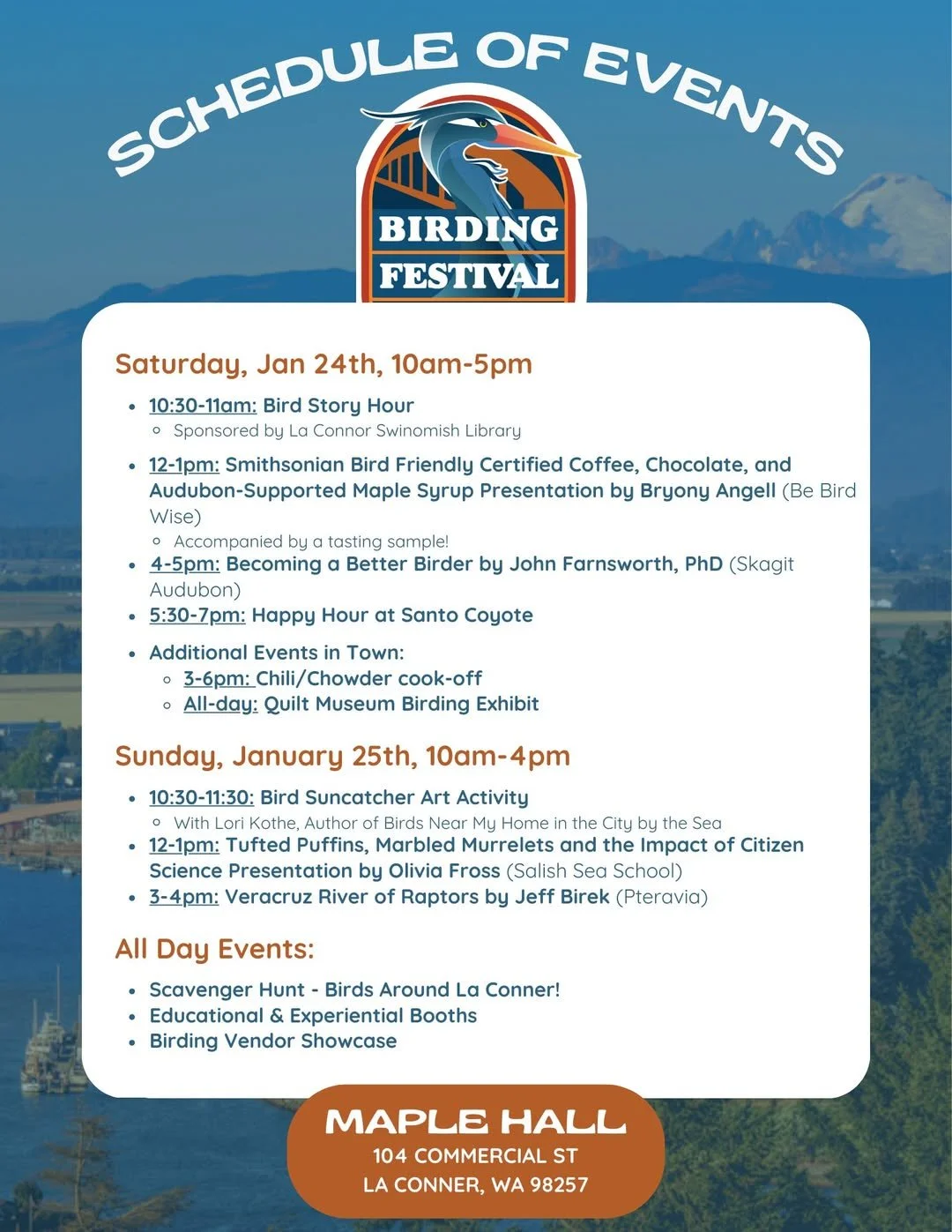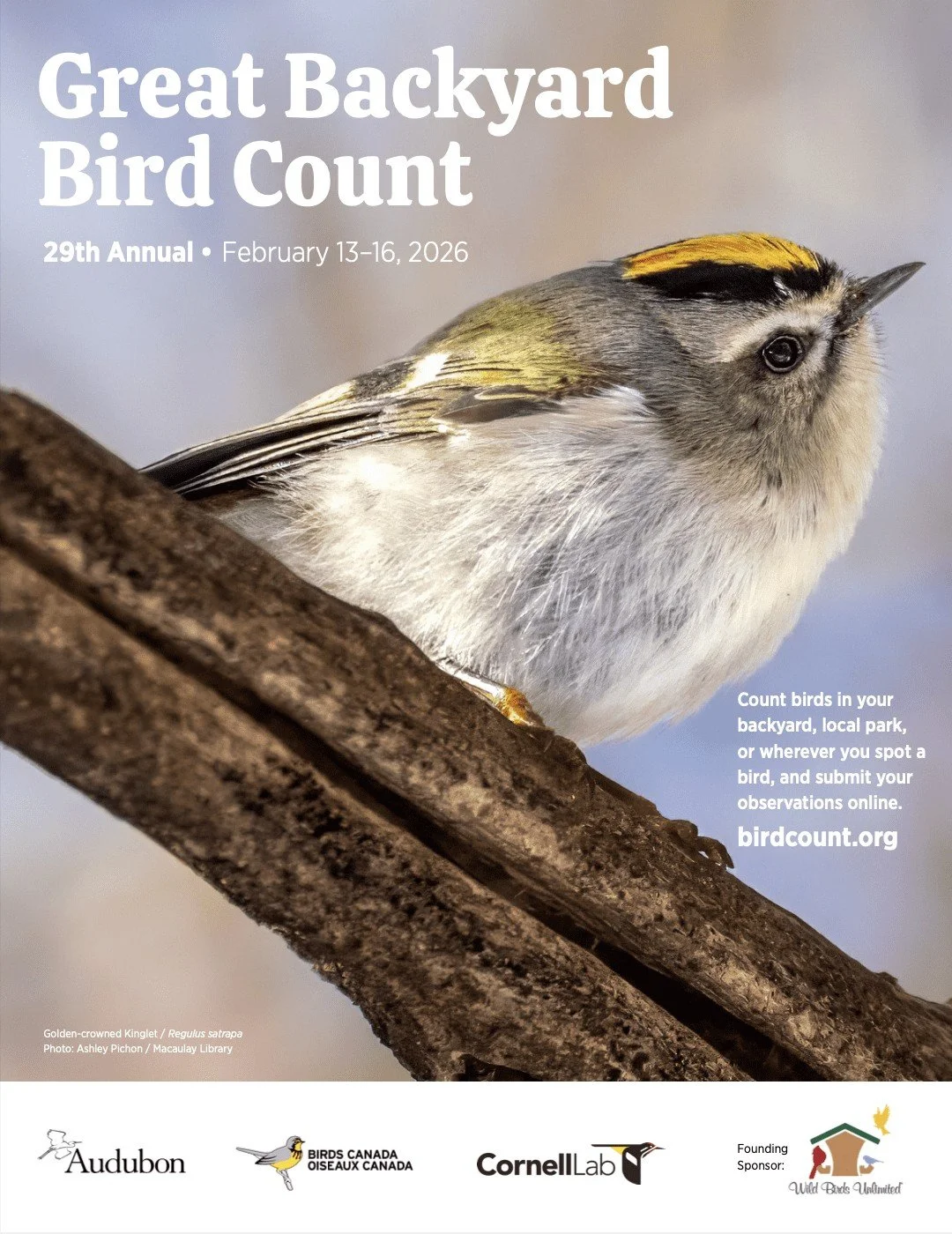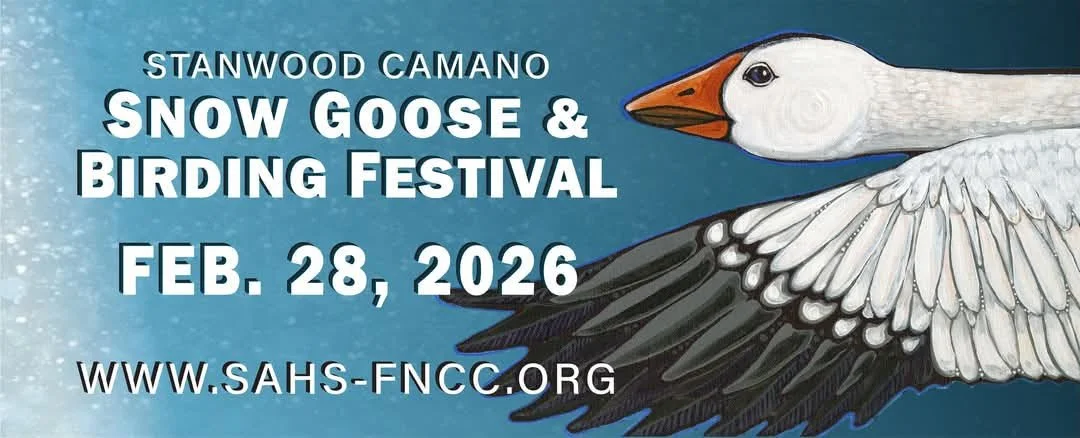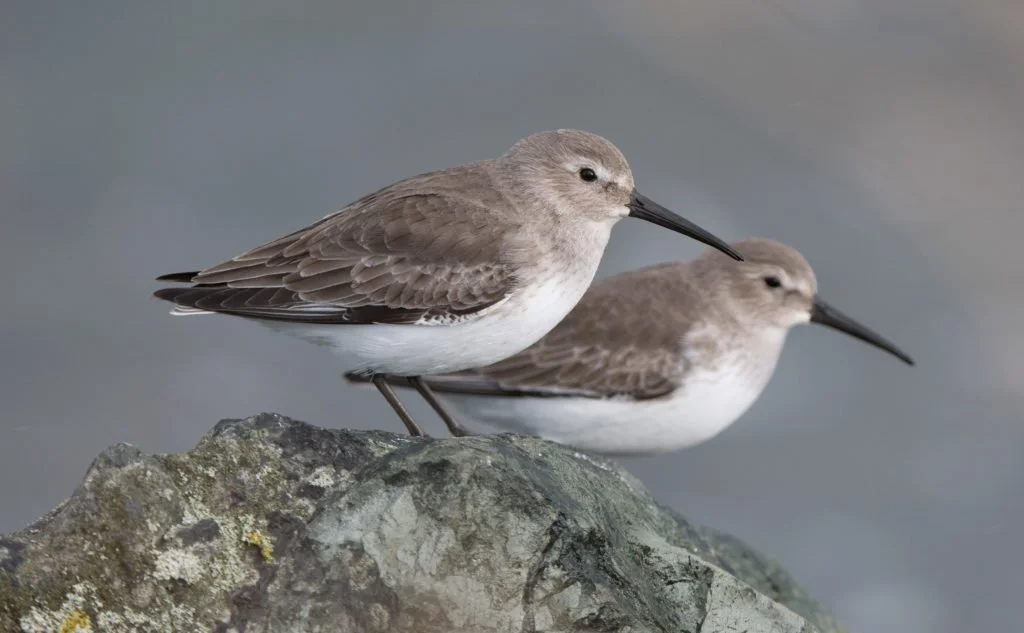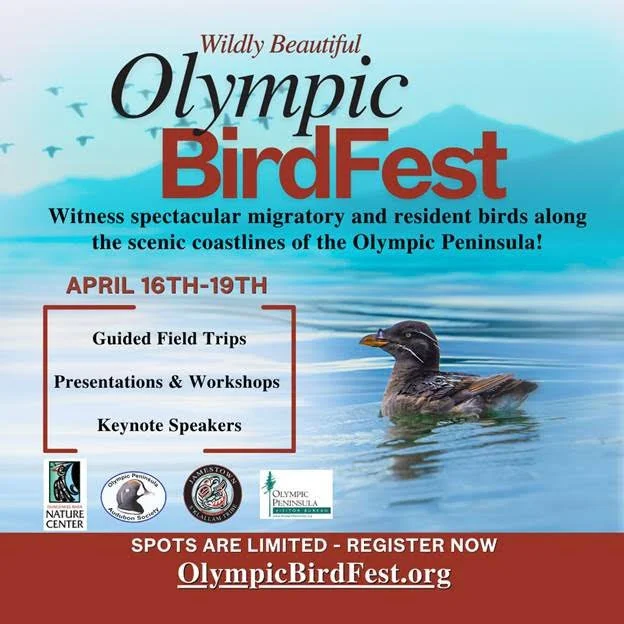Photo by Ann Kramer
Watching Birds - Protecting Habitat - Connecting With Nature
Our mission is to conserve and restore natural ecosystems, focusing on birds, other wildlife and their habitats for the benefit of humanity and the earth’s biological diversity.
MONTHLY PROGRAM
FEBRUARY MEETING-ZOOM ONLY!
“A BIRDER’S EVOLUTION - BEYOND YOUR SPARK BIRD”
Presented by: George Armistead
February 10th at 7:00 pm
LA CONNER BIRD FESTIVAL - 2026
Join other bird lovers at the annual La Conner Bird Festival, Jan. 24-25, 2026, for activities, speakers and more!
COMING FEB. 13-16, 2026 TO YOUR BACKYARD!
The 29th annual Great Backyard Bird Count is fun, free, and can be done by anyone interested in birds and birdwatching. Click below for full details on how to participate!
BIRDING IS EVERYWHERE AROUND STANWOOD AND CAMANO ISLAND
This year’s event includes speakers, vendors, arts, displays and children’s activities in the main hall of the Floyd Norgaard Cultural Center in Stanwood. Full details at www.sahs-fncc.org and click on Snow Goose Festival.
2025 CHRISTMAS BIRD COUNT!
Skagit Audubon Society completed the Padilla Bay Christmas Bird Count on Saturday, December 27, 2025. Click HERE for the species list!
Photo: Dunlin by Joe Halton
OLYMPIC BIRDFEST celebrates the spectacle of spring migration and resident birds
Click on the link below for details!
Field trip at Clayton Beach
Skagit Audubon has so much to offer!
Outstanding Monthly Programs
Field & Hiking Trips
Educational Opportunities
Conservation Activities
Volunteering
Want to find out more? Click below
From the Skagit Audubon Board of Directors: All those who plan to participate in our group activities are asked to stay up-to-date on their vaccinations and stay home if they are feeling unwell in order to foster good community health and protect more vulnerable citizens. Thank you.


